by Ken Marcus
People often say that creating a comic is like running a TV show or producing an independent film. I humbly submit that being a comic creator is far more like working in advertising.
How do I know? I write many of the GEICO commercials that bombard you before episodes of The Flash, movie trailers and YouTube videos. Hump Day The Final Countdown, Dora The Explorer…you name it, I’m probably responsible for annoying you with it.
Before you hold that against me, I’m also a long-time comic fan. And the writer of Super Human Resources from Action Lab Entertainment. And I’ve found many of the lessons I’ve learned in the advertising business have prepared me for creating an indie comic. Starting with…
1. We Are In Their Way.
In this amazing age of television and film we’re in, readers are already predisposed to buying Iron Man, Batman, Walking Dead, The Flash and even Groot(!) Before they walk into their comic store, readers have little aperture for new creators or characters. Make no mistake. We are between them and what they really want to see. Welcome to what it’s like to be in advertising.
2. You. Have. This. Much. Time.
Thanks to our endless social feeds, we don’t read anymore. We skim. I believe we need to make our ideas “getable” in these fleeting windows of attention. Your audience has to understand what’s different and interesting about your comic. Very, very quickly. On their laptop and mobile screens. And on increasingly overcrowded comic shelves.
3. Awesome Is The Cost Of Entry.
Traditionally, leaping off a comic shelf and catching the reader’s attention was a job largely left to the cover artist. But with so many awesome artists out there, I’d argue that kickass artwork is now the baseline. It’s the cost of entry. What else have ya got?
4. Embrace Your Inner Mad Man/Woman.
I believe a good, old-fashioned tagline can do some heavy lifting for you. For Super Human Resources, we used “With Great Power Comes Great Stupidity.” This communicates two things. That we’re a superhero book and a comedy. Everything readers need to “get” our concept instantly.
5. Yes, You Need To Be Commercial.
Remember, you’re not selling your comic. Comic retailers are. The competition for the reader’s attention is oppressive. Many stores don’t even order some titles from the Big Two every month. (Let that sink in.) You have to demonstrate to store managers that your idea is sellable to a wider audience. You have to thread the needle between being commercial and being different. From a tiny box in a 400-page Previews.
6. Be Different Than Different.
Unfortunately for new creators—but fortunately for comic fans—we are in the Golden Age Of Different. There are so many brilliant alternatives to the Big Two. The very best creators are already publishing their own characters and stories through Image, Boom, Dark Horse, Oni, Action Lab, and so on. As new comic creators, we need to be the alternative to the alternative. We need to fill a need that isn’t being met. In advertising, we call this positioning.
7. Attack On A Narrow Front.
To break through the clutter, attack on a narrow front. Simplicity is your weapon. Find new ground and plant your flag there. A summer camp troop that fights monsters. An investigator who solves crime by taste. An outlaw monkey biker gang. All “getable” with simple, yet radically different hooks. Are there successful indie books with more undefined, sprawling concepts? Of course. But I bet it was twice as hard to establish a foothold on comic shelves.
8. Your Idea Has Been Done.
Another lesson from advertising. Your idea is not some precious, unique snowflake. Chances are, your concept or story has been done, in some form or another. There is rarely a truly unique idea. (Um, except for Sex Criminals.) I know that superheroes and workplace comedy have been done before. Heck, DC is filming a show with the same concept right now. (Sigh.) I don’t sweat it. Because I know it’s not necessarily what your idea is. But how you do it.
9. Find Your POV.
One of the best compliments I’ve ever received is somebody saw a spot and knew I had written it. Without even knowing if I had actually worked on it. That’s to say it sounded like me. It had a point of view. No one else has Warren Ellis’s perspective. No other comic sounds like a Kelly Sue DeConnick comic. Or a Jason Aaron or Brian Bendis comic. So that’s our goal as new comic creators. To come at our idea—however familiar or novel—from an unexpected POV. That is entirely and uniquely our own.
10. Done Beats Great.
You hear it in every creative department. Or every bar after a con. “I have this great idea.” Yawn. The truth is, great ideas are a dime a dozen. There are a ton of great comic scripts sitting on hard drives somewhere. Piles of brilliant screenplays sitting on studio shelves that no one will ever see. Instead of talking about your idea, get to actually making it. We have a unique advantage over television or film. It’s a whole lot cheaper to make comic books. And have something in your hand to sell or share online.
11. Point Your Rocket.
There’s never going to be a perfect time to produce your comic. Hell, there’s probably never even a good time. The stars are never going to align. Do what the original astronauts did. Point your rocket to the moon and course-correct as you go. In advertising, we face brutal deadlines. It forces us to always keep flying, even if we don’t know where we’re going. Or how we’re going to get there. Just launch.
12. Beware The Favor.
This is common in advertising. Particularly for designers. Everyone wants the favor. “Hey, just do me this favor. It won’t take you long.” Hey, if you want professional quality in your art, color, lettering or design? Treat your collaborators like the professionals they are. Pay them. Even in indie comics. Even a little bit shows folks that you respect them for their craft. I paid my awesome artist, Armando Zanker. Certainly not what he deserved. But enough that he knew I appreciated him for the professional that he is.
13. Get A Thick Skin.
For every script in advertising I’ve produced, there are ten more that have gotten killed. Easily. You learn to grow a thick skin. I remember when Erik Larsen at Image told us he didn’t think Super Human Resources was very funny. That sucked. It would’ve sucked a lot more if I wasn’t so used to getting ideas killed all the time. Which (fortunately…?) I am.
14. You Are Not Your Work.
Yup, being in a creative industry can be hard on the ole self-esteem. Particularly when you get a bad review or your work doesn’t find an audience you think it deserves. We are quick to attach our self worth—who we are—to the work we do. Don’t. This is what fuels the tortured, alcoholic artist nonsense. Remember, you are not your work. You’ll be a more fearless creator for it.
15. Don’t Be A Douchebag.
This should be obvious. Like advertising, comics is a small business. Filled with a lot of talented people. And yes, talent breeds ego. So don’t be a douchebag. There’re too many other talented creators waiting to take your place. Be kind and helpful to everyone you can. You never know when you’ll need their help.
Um, I need your help.
A small, indie title simply will not succeed unless readers let their stores know about it. Please tell your comic book store to ordre Super Human Resources from Action Lab Entertainment. (Publisher of other great indie books like Princeless, Molly Danger, Stray, Awake, Tomboy and Hero Cats among others.)
Our first, sold-out volume is in the March Previews. Order Code: MAR16 0995. The first issue of Volume II is in the June Previews now. Cover A: APR16 1132 and Cover B: APR16 1133. Variant by the talented and yes, kind, Gabriel Hardman.
Thanks to Heidi and The Beat for having me!
Follow SHR on Twitter at @KenSuperHR.
[And here’s a preview of the book]


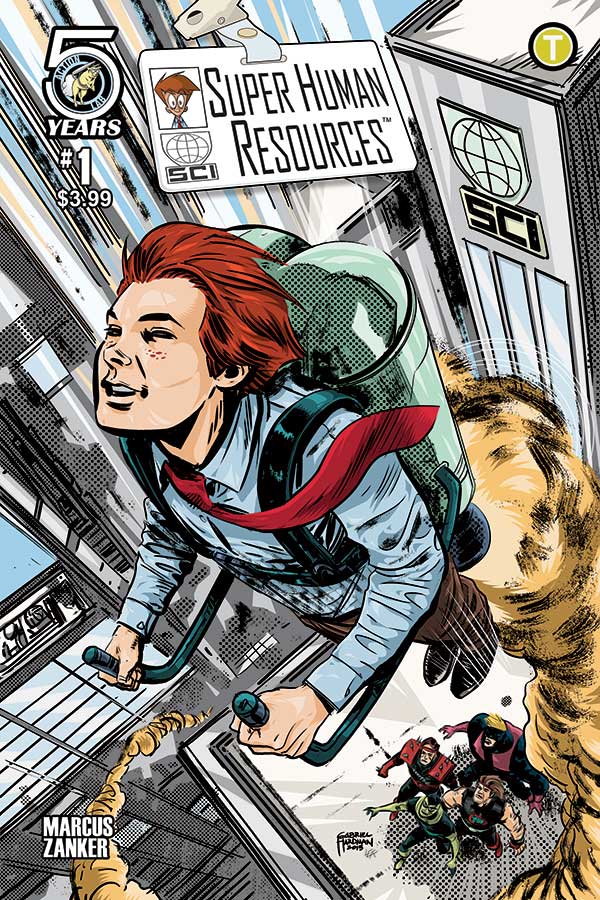
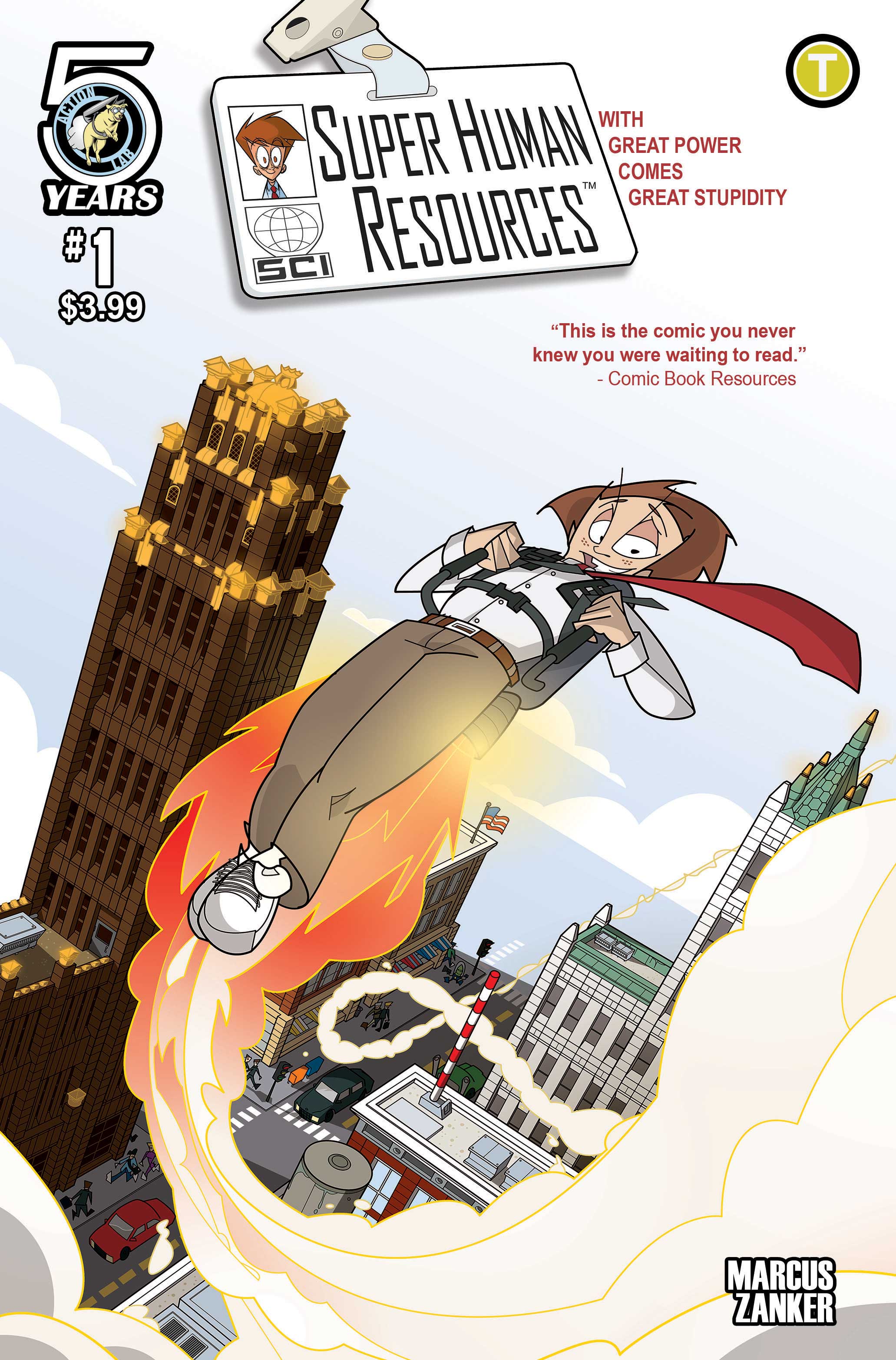
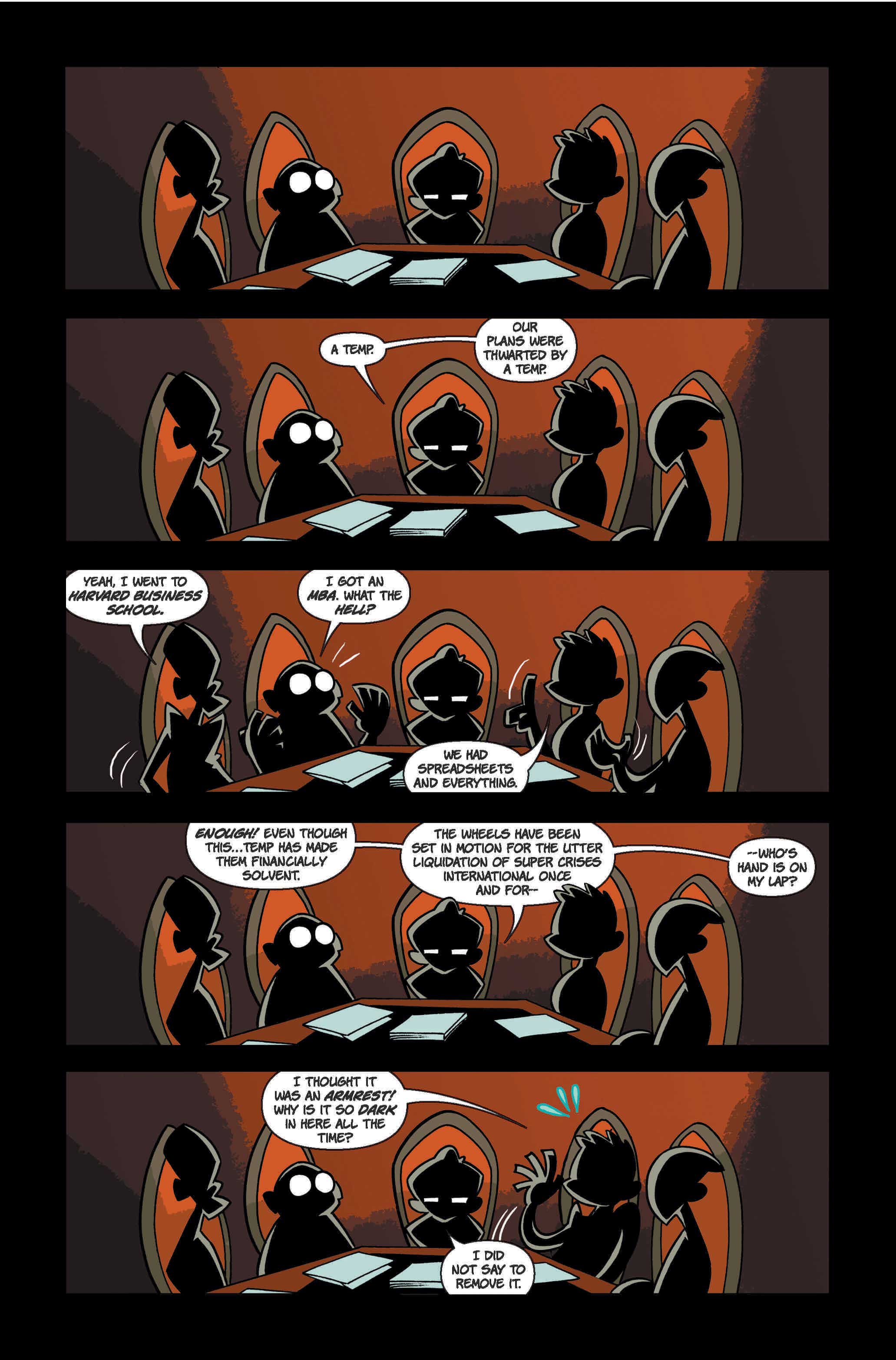
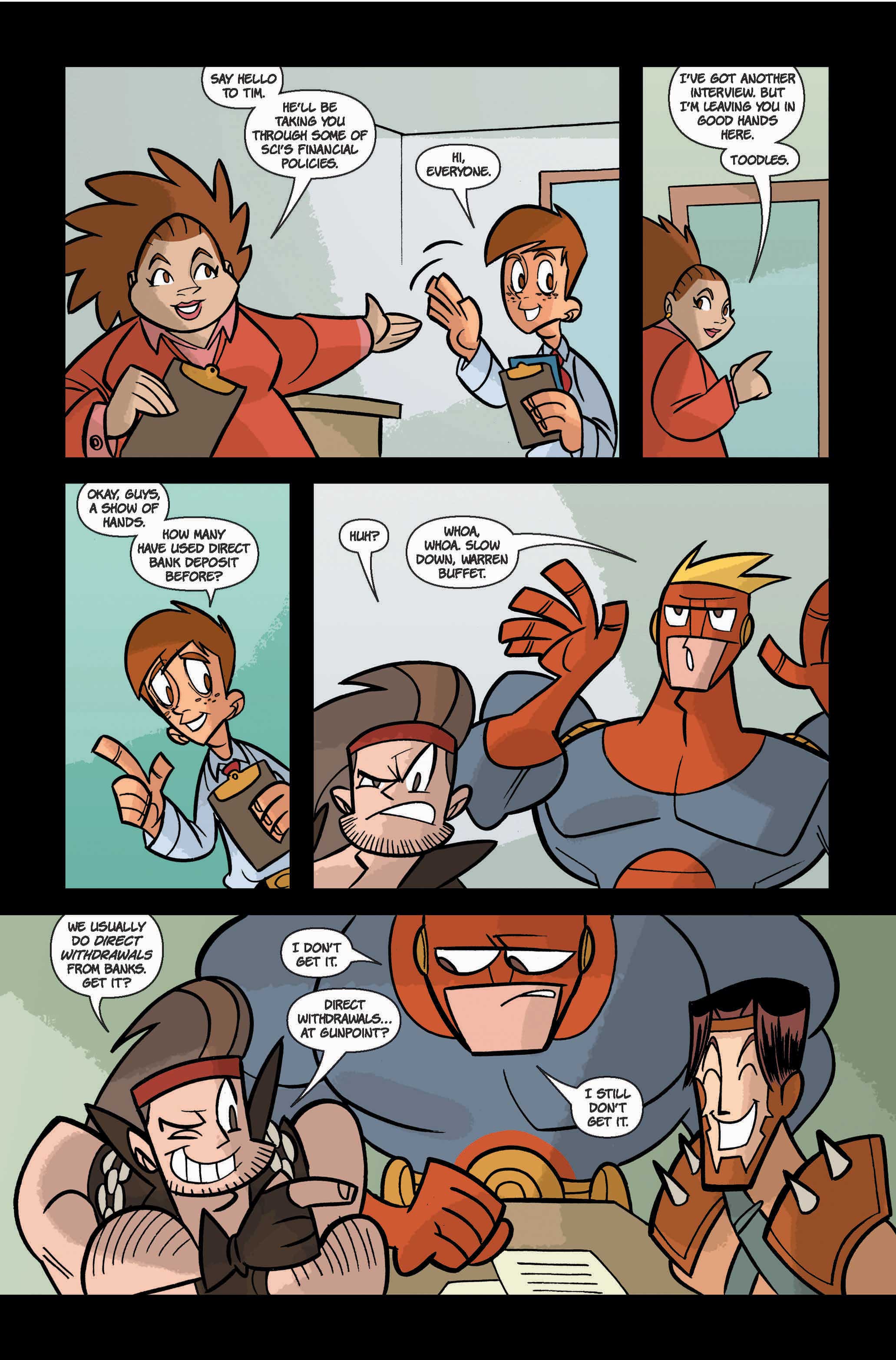
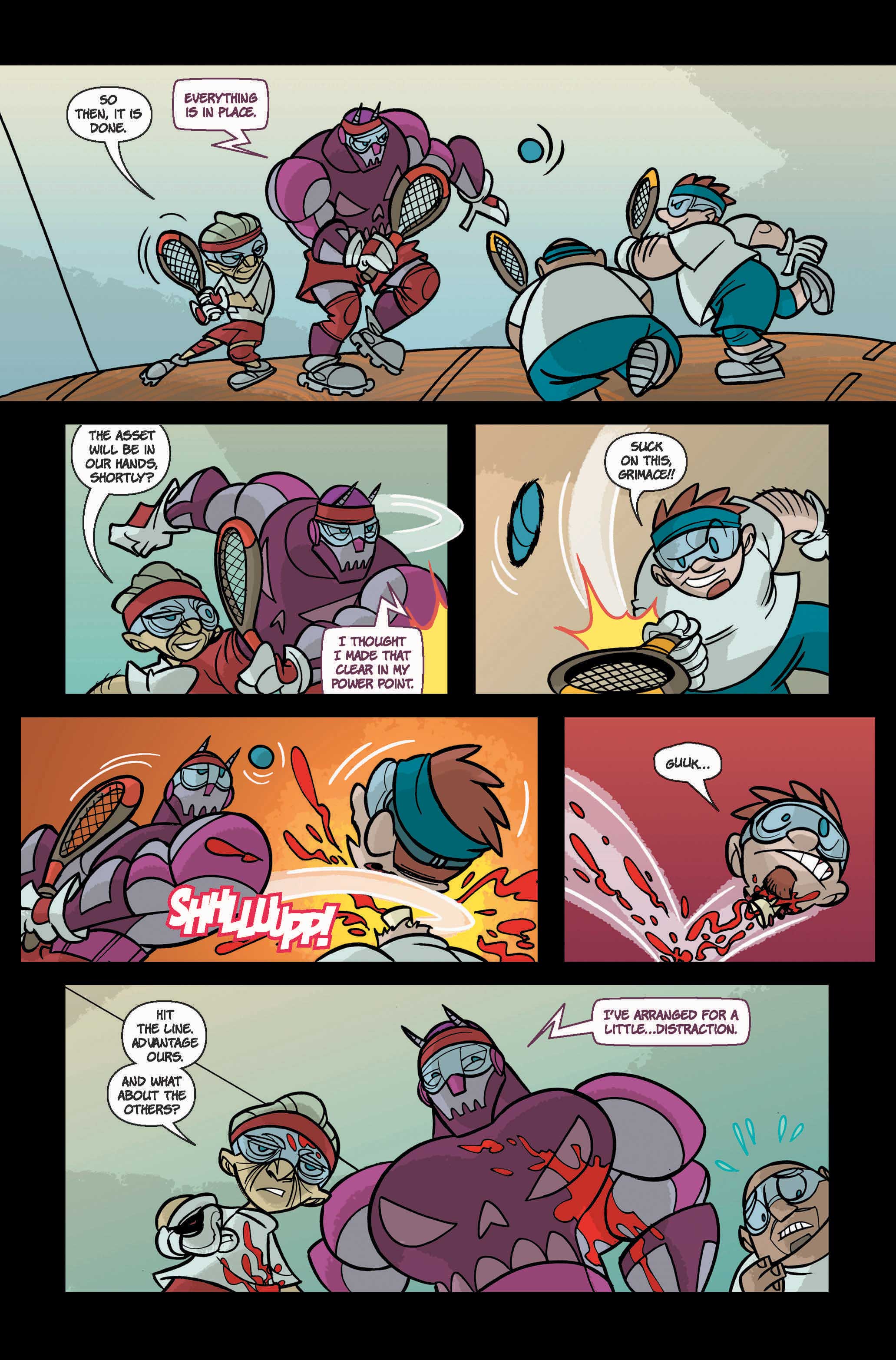
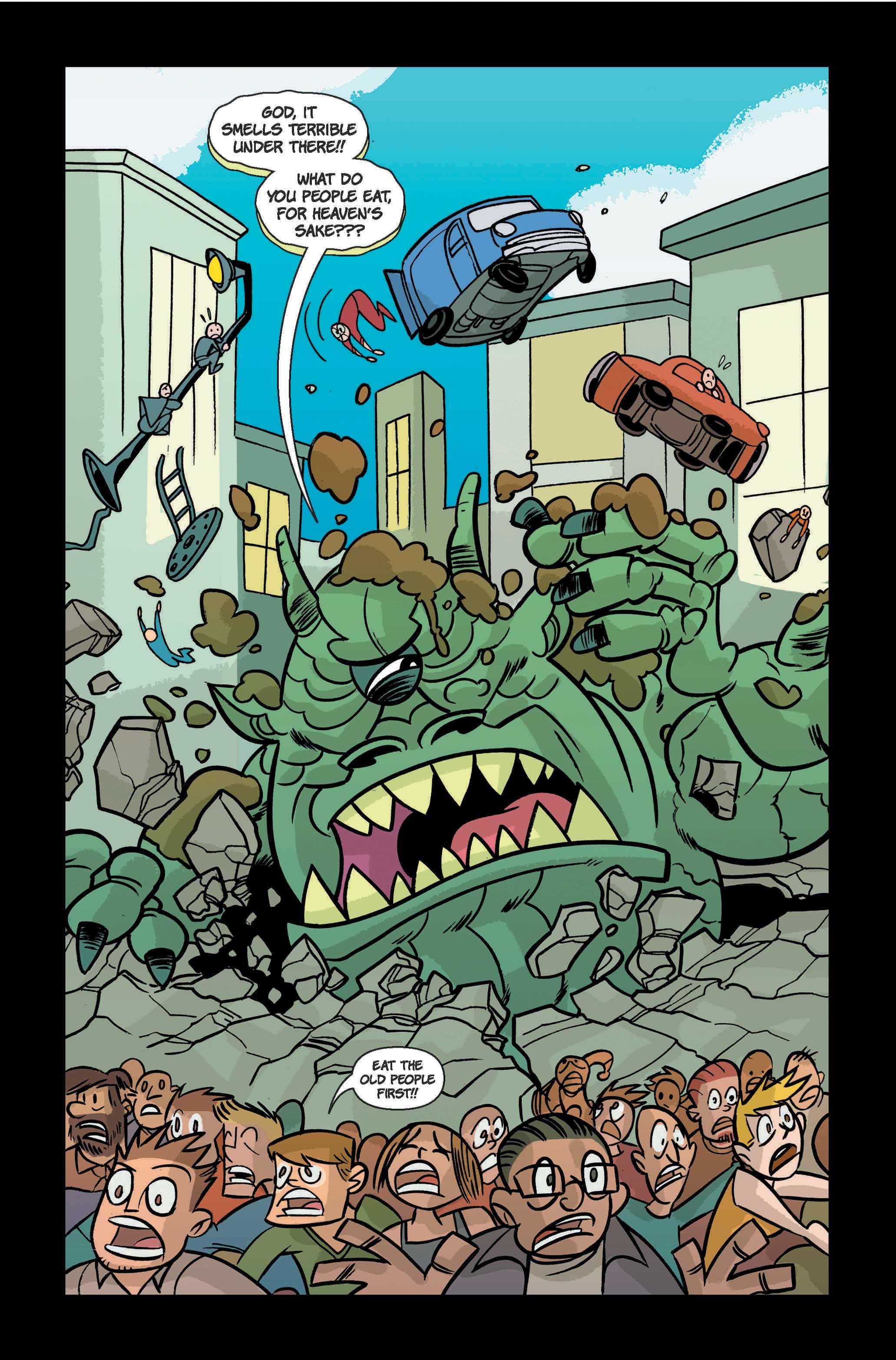
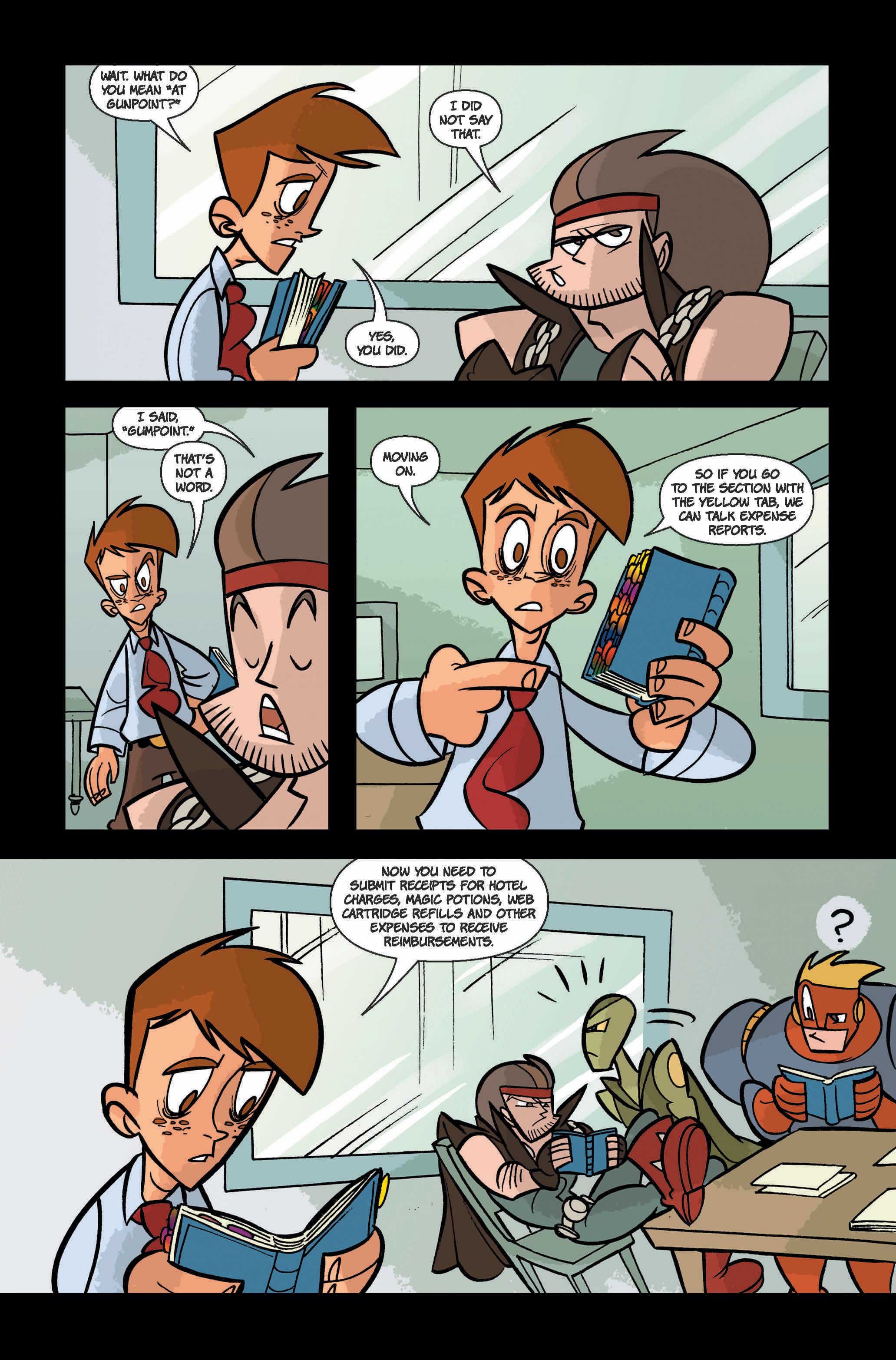
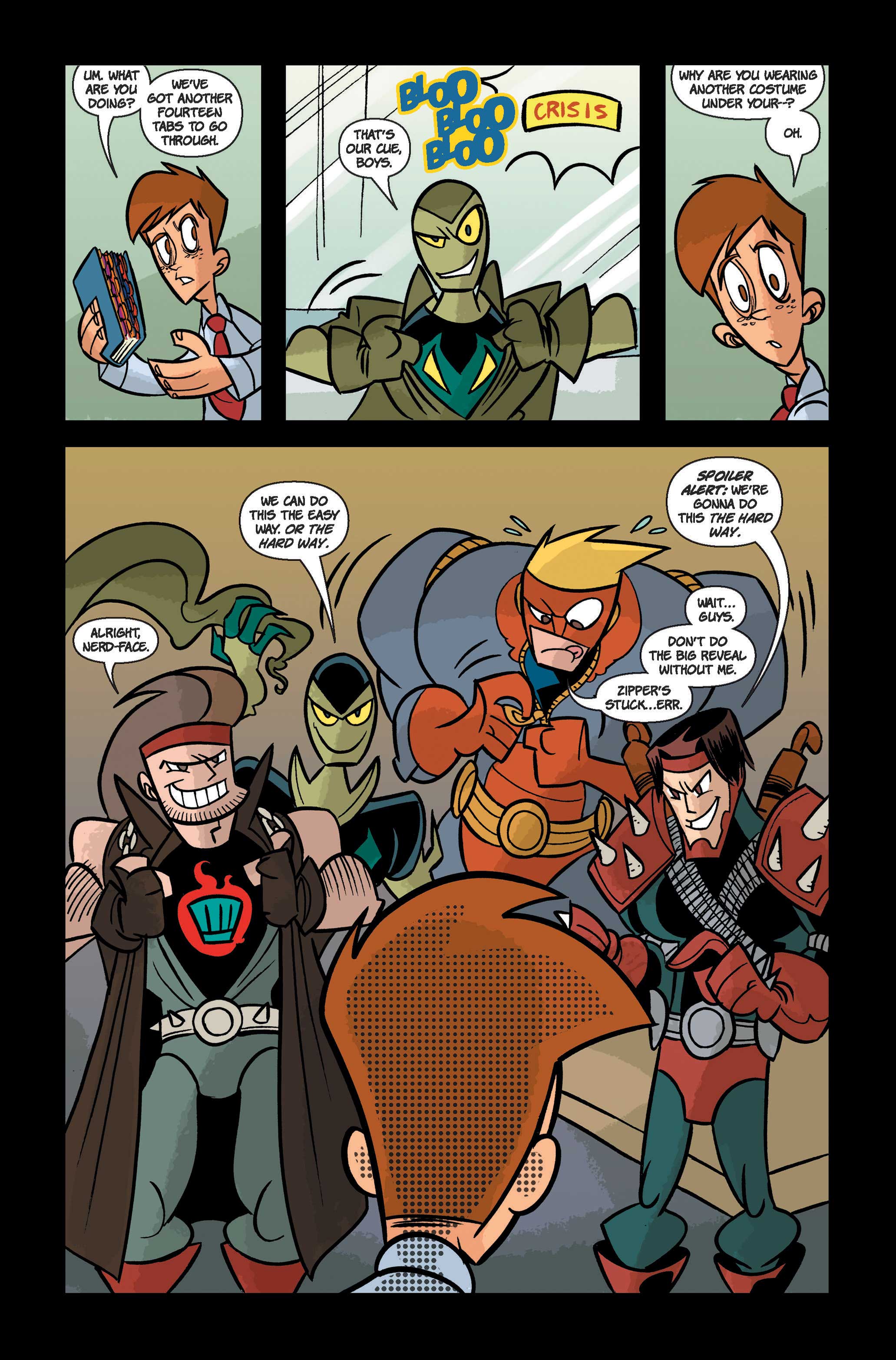
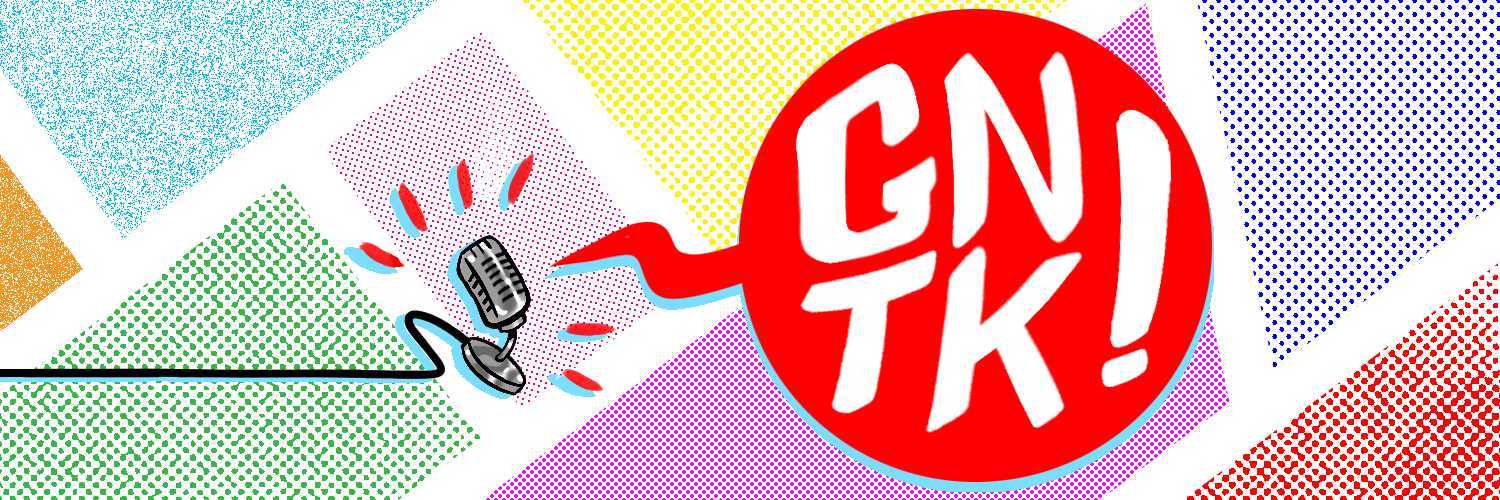
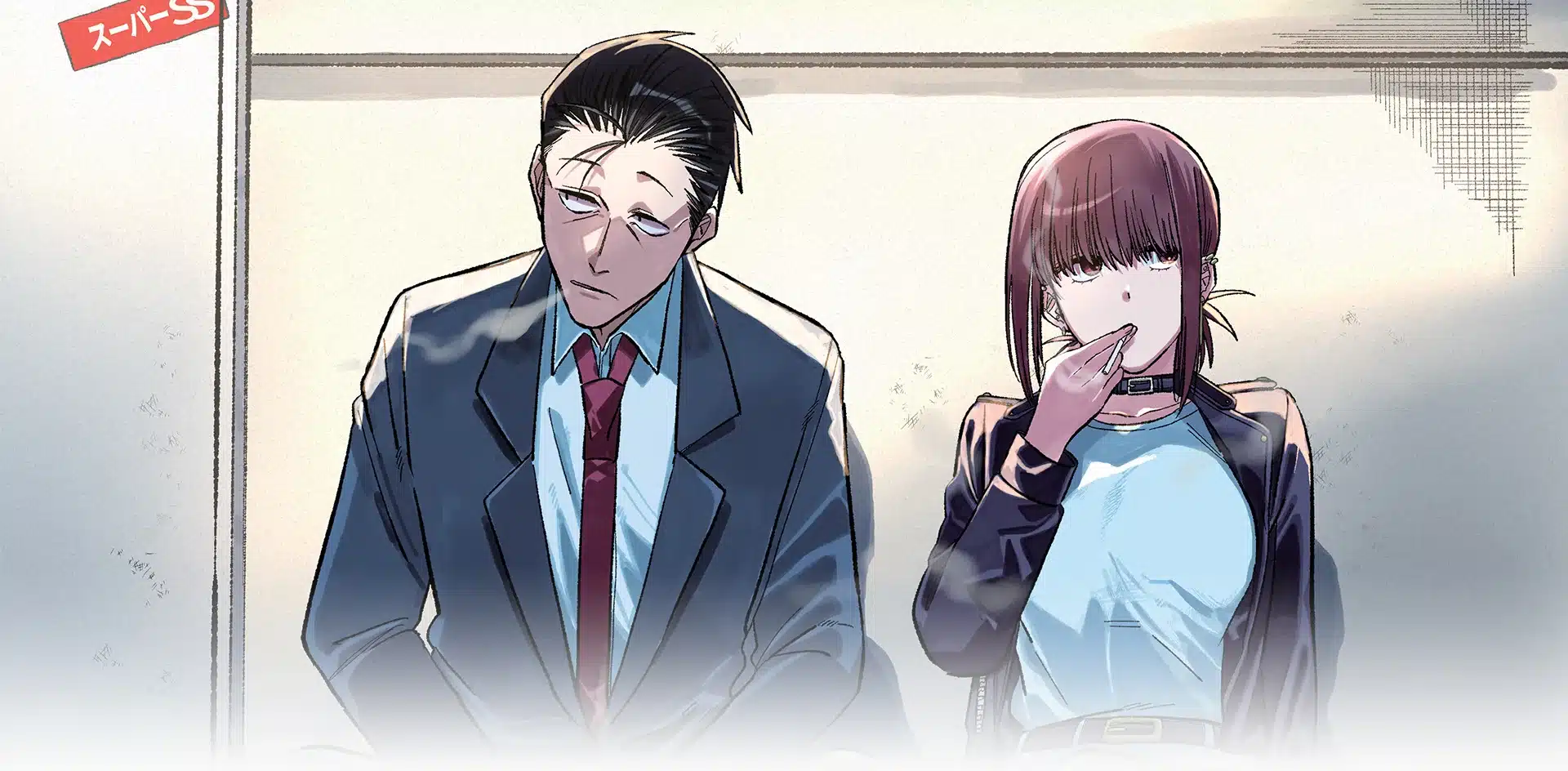

Ken: Good words and a generous number of page previews! Good luck!
Ken is smart and he knows his stuff. I was fortunate enough to see some of his work ahead of time and the passion he put into his work. His points are solid and his advice is gold.
Thanks Jimmy. (Congrats on the BQ news.)
And thanks for having me Heidi!
That Dora commercial is one of my favorite commercials of the last ten years. But, then, I have a seven year old daughter who went through that phase. Maybe I’m an easy mark. Either way: Good job, and thanks!
Comments are closed.